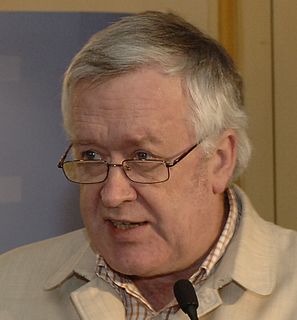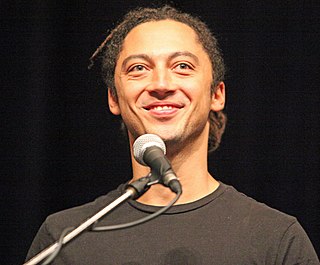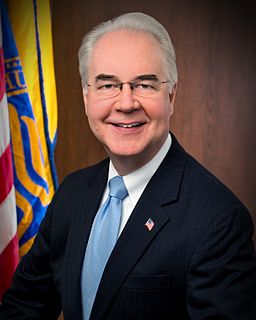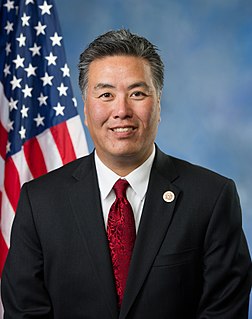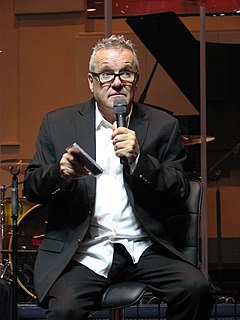A Quote by Margaret D. Klein
Social movements throughout history take place in people's minds. If we got 5,000 Americans who were talking about climate change to their neighbors and to their coworkers, and talking about this pledge, that would change the political and social landscape so much more than if 5,000 people got arrested for protesting a pipeline.
Related Quotes
We can no longer completely avoid anthropogenic climate change. At best, limiting the temperature rise to two degrees is just about possible, according to optimistic estimates. That's why we should spend more time talking about adjusting to the inevitable and not about reducing CO2 emissions. We have to take away people's fear of climate change.
When you have a small town where all of a sudden there's 3,000 black people living in a neighborhood where there were never black people before, that's a dramatic change. I'm not sure how much the people in the north are acknowledging that this is a permanent phenomenon, that it is going to change the social fabric.
We've got people that are paying premiums of $1,000 a month out there, and then they've got a deductible of $1,000. If you're making $40,000, $50,000, $60,000 out there and you've got an Obamacare plan, by and large you've got an insurance card, but you don't have any care because you can't afford the deductible.
One of the questions asked in that study was, How many Vietnamese casualties would you estimate that there were during the Vietnam war? The average response on the part of Americans today is about 100,000. The official figure is about two million. The actual figure is probably three to four million. The people who conducted the study raised an appropriate question: What would we think about German political culture if, when you asked people today how many Jews died in the Holocaust, they estimated about 300,000? What would that tell us about German political culture?
There were 14,000 people at the rally for the president in Ohio. There were another 8,000 people in Virginia. If all 22,000 of those people opened their wallets and gave $1,000 each, that would be less than one donation from a billionaire to the super PACs. And that's why he's in for the fight of his life.
It is certainly true that conservative Christians are much more likely to doubt the reality of climate change than mainline Christians or the unaffiliated. But when we control for political affiliation and for the important role of thought leaders in determining our opinions on social issues such as climate change, most of the faith-related bias disappears.
The fact that, for so many generations, ordinary, everyday Americans came out of the closet and told their family and friends about who they are has laid the foundation for public sentiment to change. They got comfortable in their own skins to be able to share themselves with family and friends. This is where social change took place.
I thought, you know, I can sit at home in my La-Z-Boy, on Facebook, and reach more people than I can on a tour. Because I reach 30,000 to 40,000 people for every Facebook post, some even reach 50,000 to 60,000. And I thought, if it's about reaching people, and not about making money, why bother touring?
and i don't just mean that they change you. a lot of people can change you - the first kid who called you a name, the first teacher who said you were smart, the first person who crowned you best friend. it's the change you remember, the firsts and what they meant, not really the people......i'm talking about the ones who, for whatever reason, are as much a part of you has your own soul. their place in your heart is tender; a bruise of longing, a pulse of unfinished business.
I don't know anything about starting a university, and that was a fake university.There are people who borrowed $36,000 to go to Trump University, and they're suing now - $36,000 to go to a university. That's a fake school. And you know what they got? They got to take a picture with a cardboard cutout of Donald Trump. That's what they got for $36,000.


